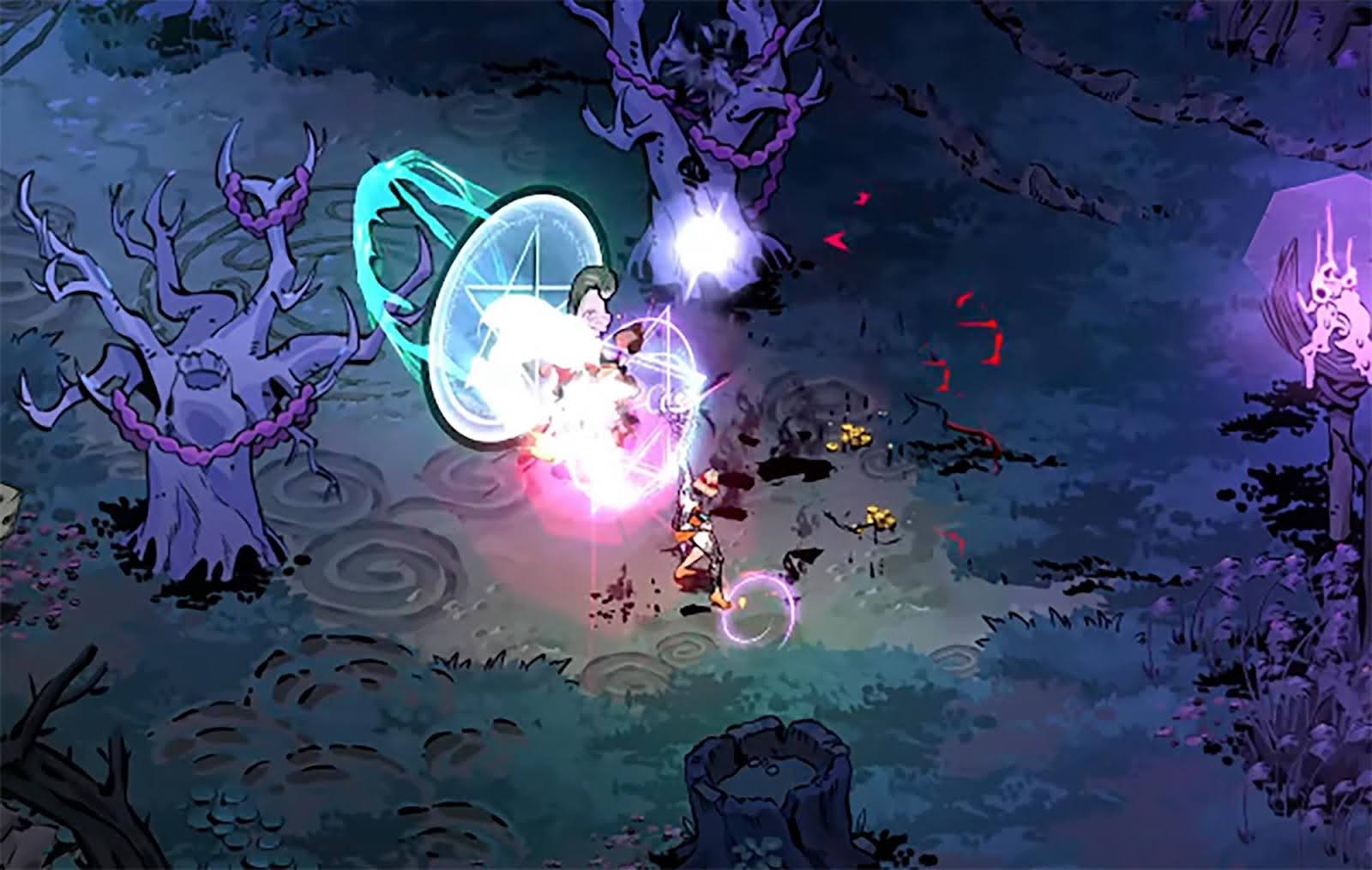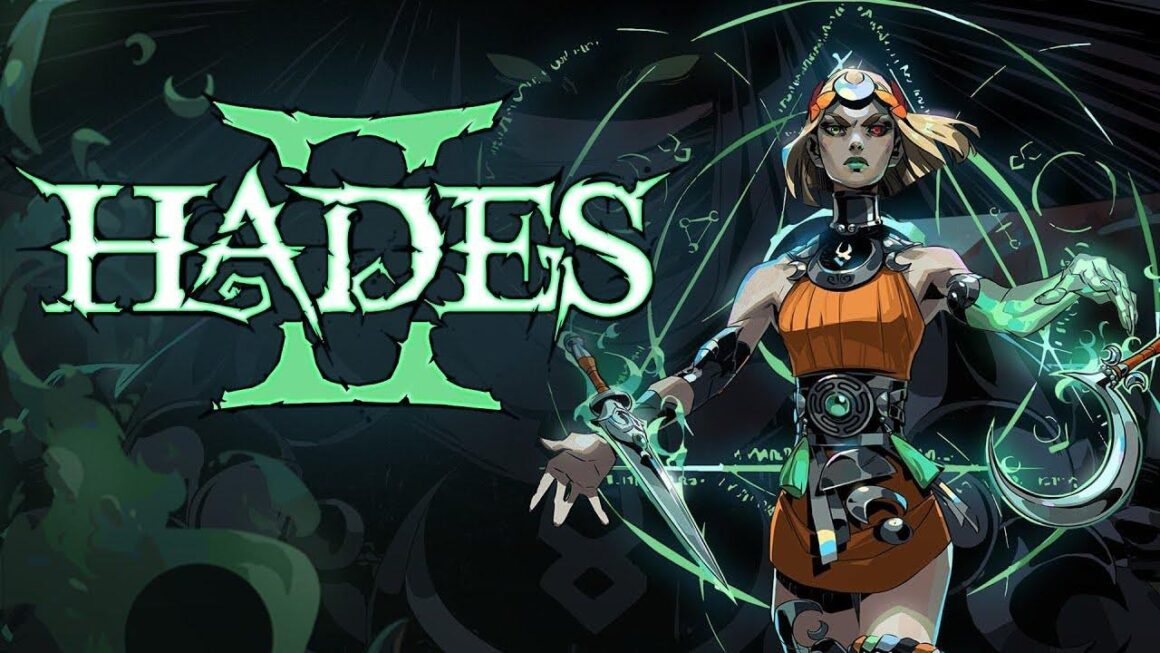Hades II continues the traditions of the roguelike genre, where each defeat is not a dead end but an opportunity for progress. In this game, losing does not devalue previous experience — on the contrary, it becomes part of the journey. I believe this approach is what makes the genre so appealing: no matter how difficult the run is, it always brings something valuable. There’s never a sense that time was wasted, as each attempt provides new knowledge and opens up additional opportunities. This cycle of learning and experimentation gradually shapes a unique playstyle.
Mistakes as a Source of Progress
In Hades II, there’s no set guide for every situation — each battle and room require quick decisions, fast analysis, and choosing the best option on the spot. Mistakes aren’t just inevitable but useful: they expose weak points in a strategy, reveal which tactics don’t work, and show the ones worth developing. Sometimes it’s small things — a weapon that feels good early may become a liability later, while an upgrade combo that seems weak at first can shine in the right conditions. This builds a habit of experimenting and finding unconventional solutions.
Over time, players form an internal archive of both successful strategies and mistakes that taught valuable lessons. This isn’t unique to Hades II — I see it in other games with constantly shifting balance, like league news of legends, where updates can completely change familiar tactics and push players to adapt, try new champion combos, adjust builds, and rethink their style. That constant challenge makes each run or match feel more deliberate and strategically thought out.
This cycle of learning through mistakes and adaptation keeps the game engaging for much longer. When success depends not just on skill but on analyzing past failures, every new attempt becomes a test of growth — and a reason to come back and see how even small changes in approach can bring big results.
The Importance of Replayability and Variety
One of Hades II’s main strengths is its ability to make every run feel unique. Even when I seem to follow a familiar path, the game still surprises me: enemy lineups change, new attack patterns appear, different bonuses drop, and sometimes a mid-fight story dialogue reveals extra details. This unpredictability keeps me engaged and turns each run into an adventure with no guarantees — even if I’m well-prepared.
This randomness and variety force me to keep several scenarios in mind and adjust tactics on the fly. There’s no single “perfect” route to memorize — I have to experiment, balance safety and risk, and sometimes change plans mid-battle. It reminds me of Dota 2 news, where even with full knowledge of an opponent, unexpected moves or random events can change everything.
The constant shifts and lack of full predictability keep the game fresh. Even after many runs, each attempt feels like a new challenge, with the thrill of not knowing what’s ahead — something hard to recreate in fixed-story games.
The Balance Between Skill and Luck

The roguelike genre is built on the idea that luck and skill go hand in hand, and Hades II demonstrates this principle perfectly. You can gather an almost ideal set of artifacts, upgrades, and boons that, in theory, should guarantee an easy win, but without a clear understanding of timing, game mechanics, and the right prioritization, it won’t work. At the same time, even a modest set of bonuses can lead to success if used wisely — squeezing the maximum out of every ability and reacting to the battle situation without panic.
This balance creates a unique tension in every run. You can’t rely entirely on luck, as it can fail you at the worst possible moment, but you also shouldn’t underestimate it, because one fortunate drop or unexpected bonus can dramatically change the outcome of a fight. This constant interplay of randomness and mastery forces you to think two steps ahead: planning your strategy while leaving room for improvisation and adapting to the current conditions.
I like that Hades II never lets you relax for even a moment — even with a strong start, the game can still throw a challenge your way, testing how ready you are to act in unconventional ways. And in those moments when luck and skill align, there’s a special sense of satisfaction: you realize that victory is the result not only of random circumstances but also of your personal input, analysis, and the right decisions made throughout the entire run.
The Psychology of Accepting Defeat
An important element of Hades II is the ability not to see a loss as a personal failure, but as an inherent part of the gameplay. Here, defeats don’t erase progress — they become growth points: with each new run, additional upgrades, story scenes, or tactical ideas are unlocked, any of which may play a decisive role next time. This design removes the tension common in many games where losing is seen as a setback, turning it instead into a natural stage of learning.
Over time, you begin to notice that the negative reaction to losing fades, giving way to curiosity and analysis: what exactly went wrong, could a different decision have been made, and how can this experience be used in the future? This makes the process psychologically easier, as the goal is no longer reduced to the single idea of “winning” — it becomes a broader journey of growth, where the focus is on the process of overcoming challenges.
This approach resonates with me because it encourages a calmer attitude toward mistakes, both in the game and beyond. When you learn to see losses as temporary and useful stages, the fear of new attempts diminishes, and every failure becomes motivation to try again — now with a fresh set of knowledge and strategies.
Conclusion
Hades II shows that mistakes are not obstacles but building blocks for progress. Each run becomes a new chapter of experience, where luck, skill, and adaptation weave together into a single, continuous learning process. This approach turns the game into more than just entertainment — it becomes a form of mental training, sharpening the ability to think critically, analyze situations, and make decisions under uncertainty. Over time, it fosters not only in-game mastery but also a mindset that values growth through challenge.



